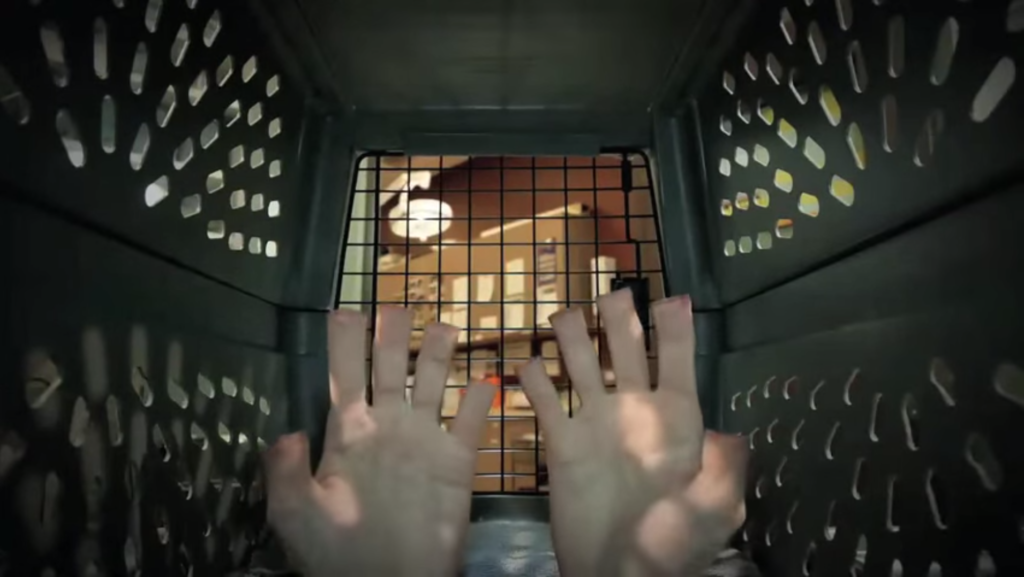
Anti-Declaw Public Service Announcement from The Paw Project. Declawing is not a nail trim. It is the amputation of the ends of a cat’s toes. For more information about the effects of declawing and humane alternatives, go to www.pawproject.org.
Text PAW to 50555 to give $10 to The Paw Project
#PawProject, #ThePawProject
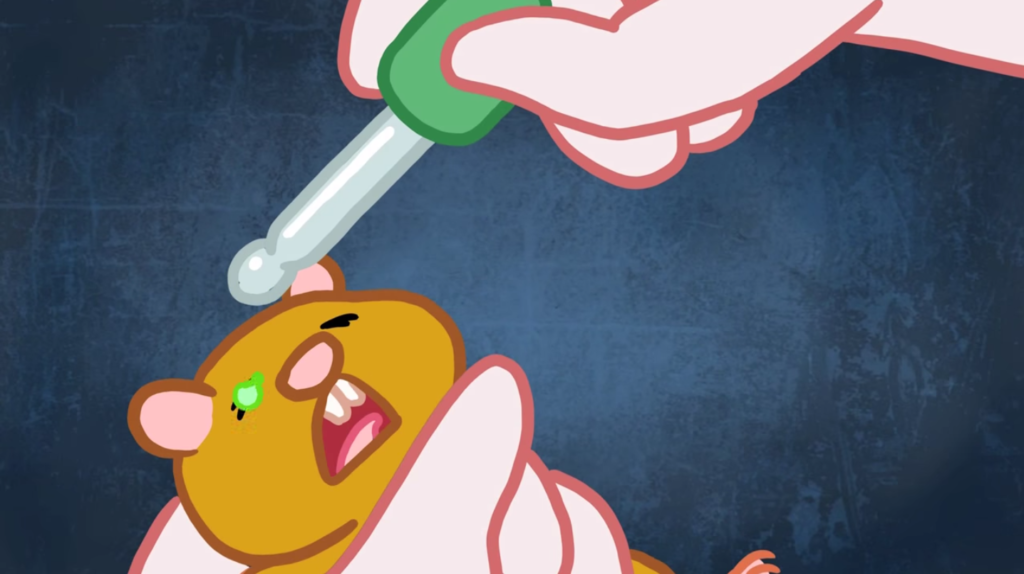
An Animated Educational Film via NeinZuTierversuchen
English version of the original German film “Irrtum Tierversuch” (http://youtu.be/xxFbQfbxXjI), commissioned by Doctors Against Animal Experiments Germany (http://www.doctors-against-animal-exp…) and produced by www.enigmation.de.
Each year millions of animals suffer and die in the laboratories, and their numbers are increasing. Genetic engineering and basic research in particular use more and more animals. All this is always justified by pointing out at the future benefits for people. But if you take a closer look at these animal experiments, then their benefits look doubtful, because animals are not humans.
The film explains why animal experiments are ethically and scientifically the wrong way of research.
Main Website of Doctors Against Animal Experiments in German: http://www.aerzte-gegen-tierversuche.de
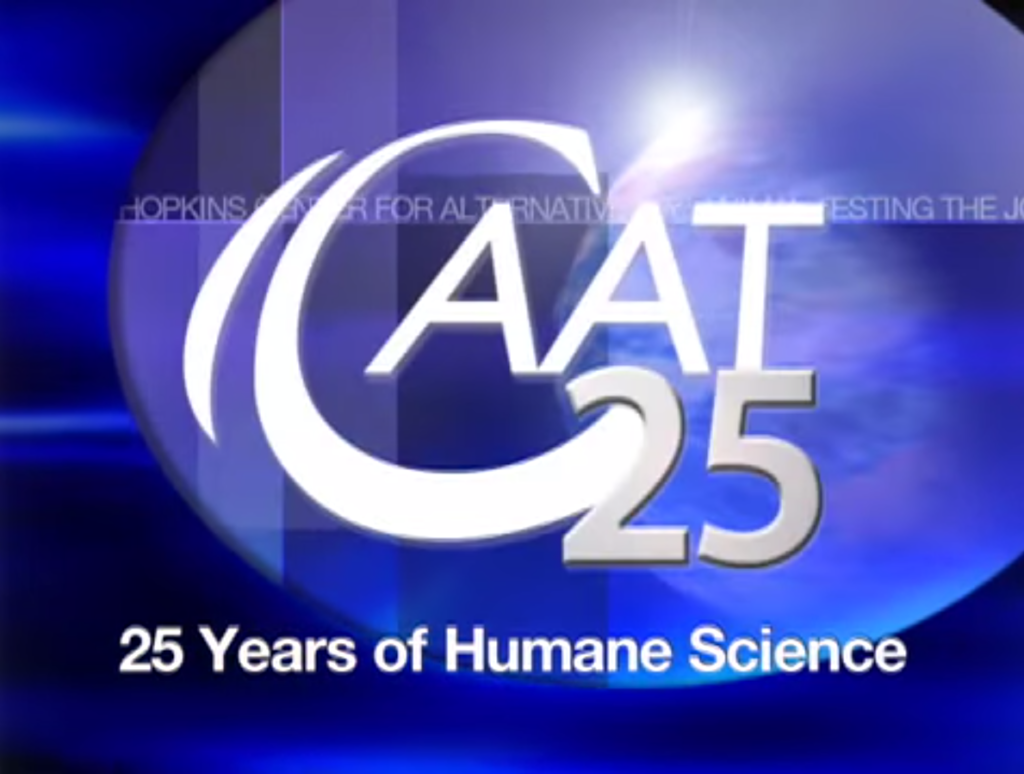
Part One
A documentary in 3 parts about CAAT, the Johns Hopkins Center for Alternatives to Animal Testing. CAAT was the pioneer for developing and promoting humane science and the “3Rs” of alternatives. Watch and discover how CAAT was formed, what “alternatives” really means, and how much progress has been made since CAAT was established in 1981.
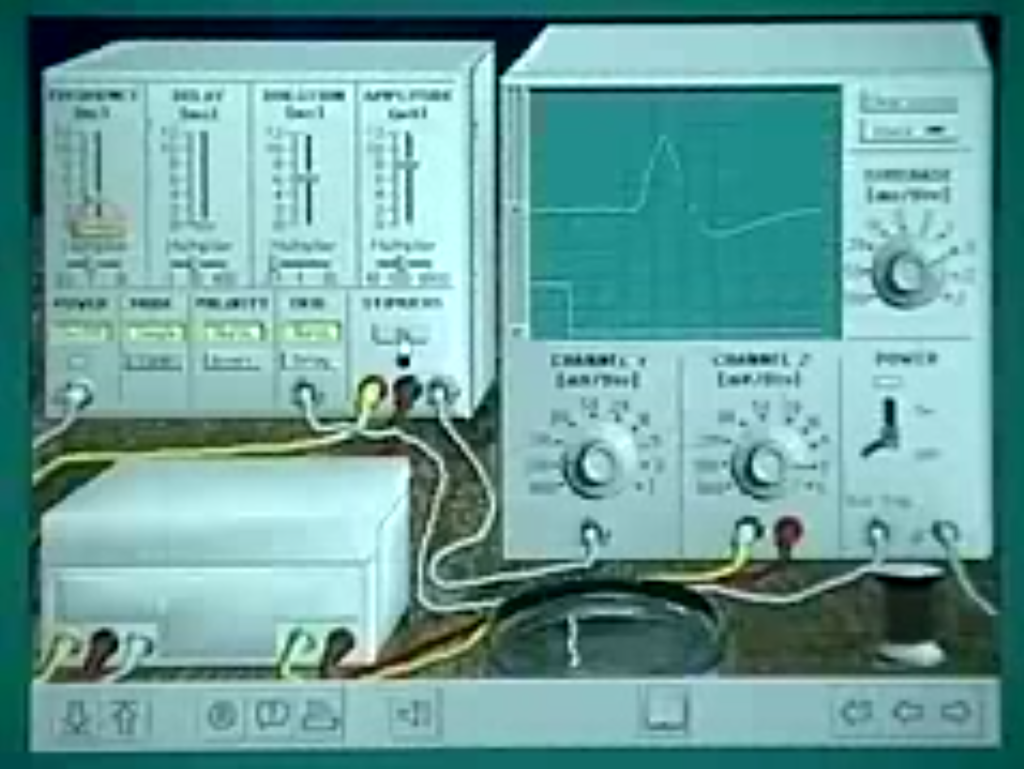
‘Alternatives in education’: a film about medical, veterinary medical and biology education and the replacement of animal experiments with progressive, humane alternative methods.
Made by InterNICHE in 1999 but most of the content still valid today.
For more info, see interniche.org.
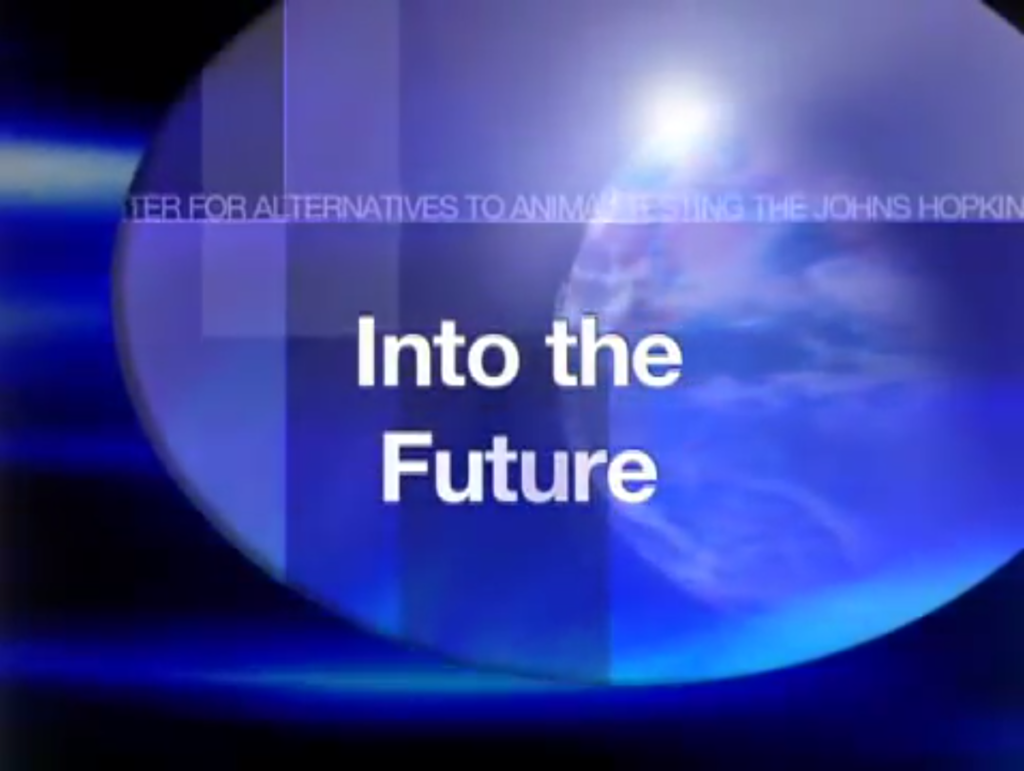
Part Three
A documentary in 3 parts about CAAT, the Johns Hopkins Center for Alternatives to Animal Testing. CAAT was the pioneer for developing and promoting humane science and the “3Rs” of alternatives. Watch and discover how CAAT was formed, what “alternatives” really means, and how much progress has been made since CAAT was established in 1981.






